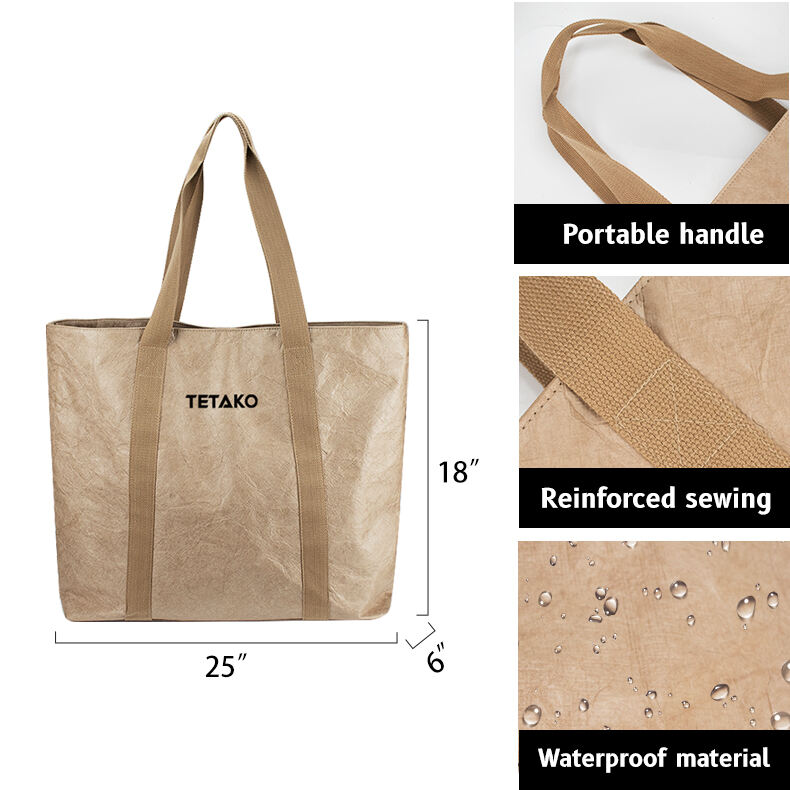CPC 인증과 미국 유아 제품 안전 기준 이해하기
그 아동용 제품 인증서(CPC) 기저귀 가방이 미국 소비자제품안전위원회(CPSC)가 제정한 엄격한 연방 안전 기준을 충족하도록 보장합니다. ASTM International 기준(유아용 운반 장치에 대한 ASTM F4088 등) 준수는 구조적 완전성, 재질 안전성, 위험 예방에 대한 엄격한 테스트를 필수적으로 요구합니다.
무독성 재질 및 건강 안전성에 대한 제3자 테스트
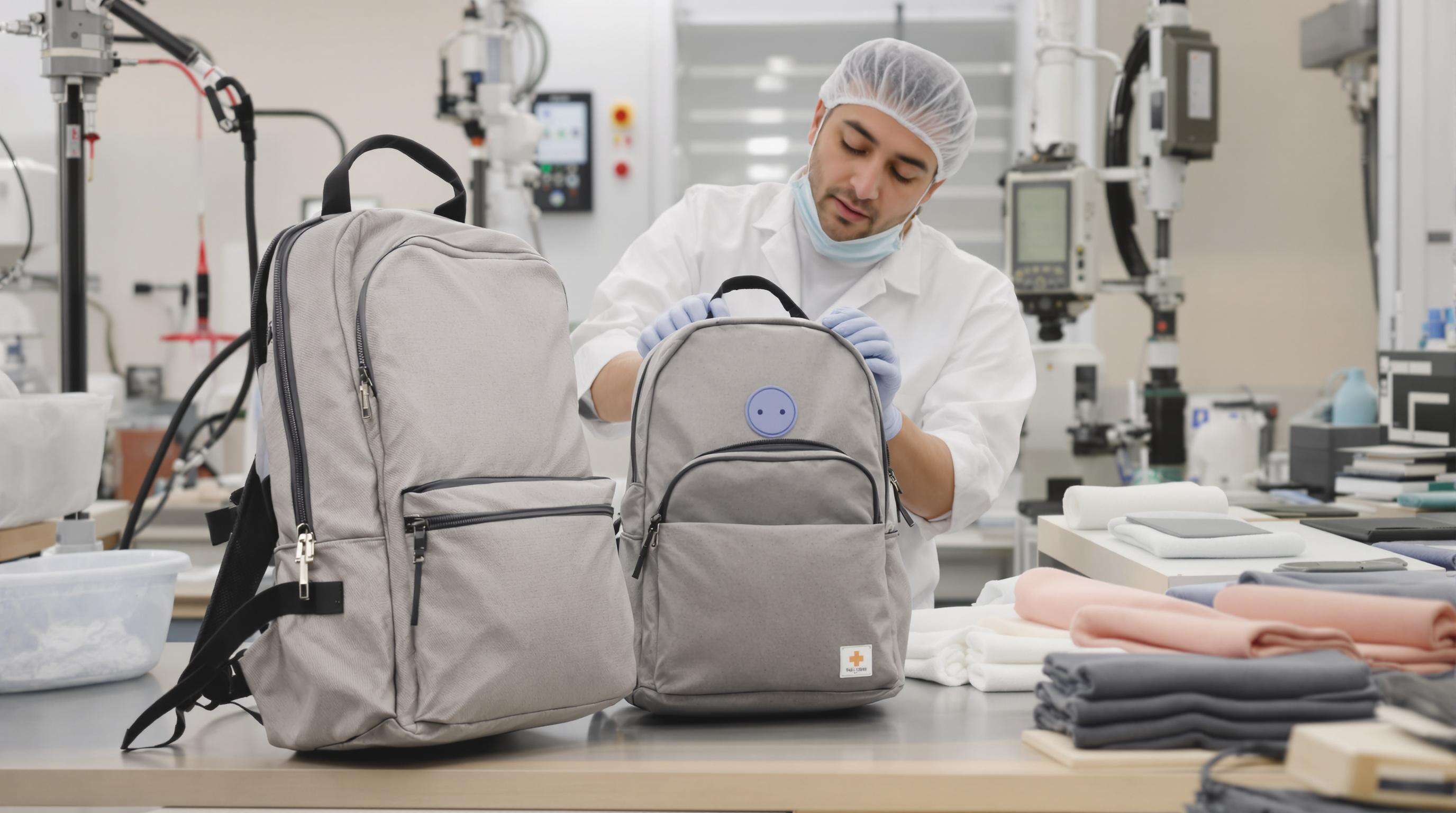
Doulla는 제품이 아이의 소중한 피부에 매우 가까이 접촉한다는 점을 고려해 유해 화학물질 테스트를 반드시 거쳐야 한다는 것을 깨달았습니다. 그래서 제품을 CPSC(소비자제품안전위원회)가 인증한 독립 실험실에 보내서 프탈레이트, 납, 포름알데히드 등 기저귀 가방 외부와 백팩 지퍼에 사용된 소재들뿐 아니라 다른 접착제들까지 철저히 검사를 받았습니다. 코팅 처리는 피부 자극을 유발하지 않도록 독성 검사를 통과해야 하며, 수천 번의 충전 사이클을 견딘 후에도 여전히 방수 기능을 유지해야 합니다. 부모라면 단순히 가격만이 아니라 안전성도 고려해야 합니다. 인증되지 않은 제품을 선택하면 알레르기 반응이나 아기에게 장기적인 피해를 입힐 수도 있습니다.
안전한 소재가 산후 회복과 신생아 건강을 어떻게 지원하는지
저자극성 통기성 원단은 기저귀 수납 공간의 박테리아 성장을 억제하여 민감한 피부를 가진 신생아를 보호합니다. 2023년 UCSF Health 연구에 따르면, 화학물질이 없는 유아용품은 산후 피부염 발생 건수가 적은 것으로 나타났습니다. 인증된 소재는 장기간 사용 시 부모가 휘발성 유기화합물(VOCs)에 노출되지 않도록 보장합니다.
녹색 세탁 식별법: 진정한 인증과 마케팅 주장
'친환경' 또는 '천연'과 같은 용어는 CPC 문서로 뒷받침되지 않으면 적용 가능한 규격이 없습니다. 진정한 인증을 위해서는 16 CFR 1303(납 함량 제한) 및 CPSIA 규정을 준수함을 입증하는 시험 성적서가 필요합니다. 구매 전에 CPSC 공공 데이터베이스에서 인증 번호를 반드시 확인하십시오.
기저귀 백팩 디자인에서 만나는 스마트한 수납 기능과 여행 실용성
효율적인 기저귀 가방 수납을 위한 다중 수납 공간
정돈된 여행용 백팩은 기저귀 교체 시 혼란을 최소화합니다. 다음 사항을 확인하시기 바랍니다.
- 받침천과 젖병 안정을 위한 지퍼 포켓
- 손 소독제나 휴대폰을 수납할 수 있는 측면 접근 슬롯
- 더러운 옷이나 기저귀를 위한 별도의 하단 수납 공간
연구에 따르면 분류된 수납 시스템을 사용할 경우 기저귀 교체 시 45초를 절약할 수 있다고 합니다 ( 소아 건강 저널, 2023 ).
일체형 기저귀 교환 패드 및 신속 접근 수납 솔루션
다음과 같은 기능을 통해 부피 큰 액세서리 키트가 필요하지 않은 현대적인 디자인:
- 접을 수 있는 기저귀 교환 패드 (최소 24" x 16" 크기, 닦을 수 있는 표면 재질)
- 한 손으로 열 수 있는 자석식 클로저 포켓
- 사용자 맞춤 구성이 가능한 탈부착식 분리형 패널
이동 중에도 오랫동안 청결함을 유지할 수 있는 세탁기 사용이 가능한 원단
기저귀 백팩은 일반 가방보다 3배 더 많은 흘림에 노출됩니다. 주요 제조사들이 사용하는 소재:
- 항균 나일론(일반적인 박테리아의 99.8%를 저항함)
- 보강된 재봉사(300회 이상 세척 내구성)
- 염소 및 세제에 강한 탈색 방지 염료
편안함과 이동성을 위한 인체공학적 여행 백팩 기능
가벼운 프레임과 균형 잡힌 무게 분배
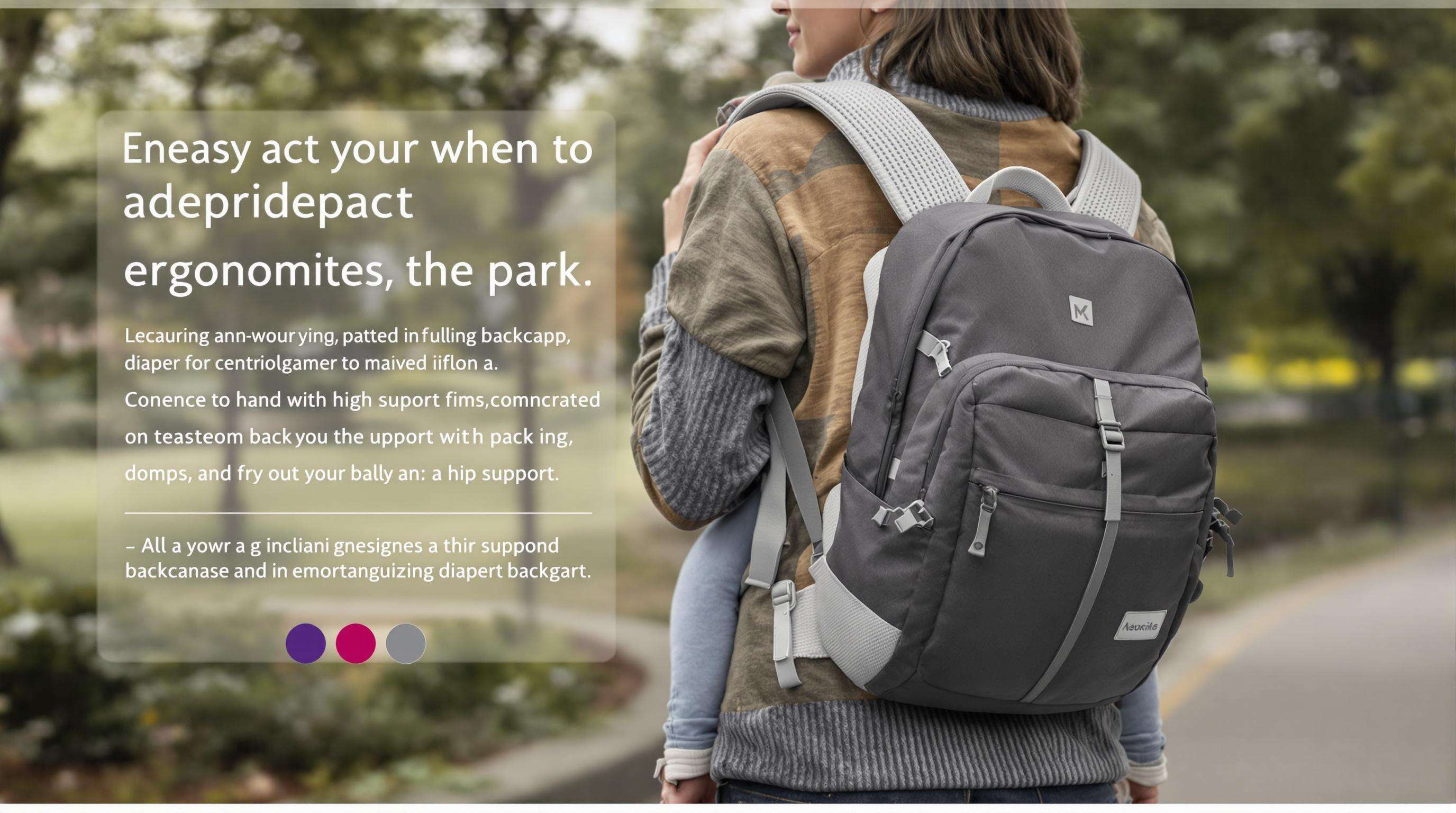
2lbs(0.9kg) 미만의 디자인은 불필요한 신체 부담을 줄여줍니다. 고급 무게 분배 기술은 하중의 60%를 엉덩이에 분산시켜 장시간 사용 시 근육 피로를 30% 감소시킵니다(Ergonomics Research Group, 2023). 이는 필수품 10~15lbs를 들고 다닐 때 특히 중요합니다.
충격 흡수 어깨 스트랩과 통풍이 잘되는 등 지지대
인체공학적 폼 스트랩은 압력점을 일반 나일론 대비 45% 감소시킵니다(Biomechanics Institute, 2024). 허리 부위의 통풍 채널은 여름철 외출 시 땀이 차는 것을 방지합니다.
여행 및 외출 시 활동적인 부모들을 위한 핸즈프리 디자인
크로스바디 메신저 스타일과 빠르게 접근 가능한 옆면 포켓으로 보호자는 가방을 벗지 않고도 유모차를 다루거나 아이의 손을 잡을 수 있습니다. 2024년 육아 관련 설문조사에 따르면 대중교통 이용 시 허리벨트로 고정되는 디자인을 선호하는 보호자가 78%로 나타났습니다.
기저귀 가방에서 여행용 배낭으로의 매끄러운 전환
분리형 열절연 내장 공간은 단열 병 보관함에서 서류용 슬리브로 변환됩니다. 압축 스트랩은 가벼운 짐을 운반할 때 부피를 줄여주며, 숨겨진 여권 포켓은 TSA 규정을 충족합니다.
실생활에서 사용하기 위한 견고하고 여행에 적합한 소재
바쁜 생활 방식에 맞는 고품질 방수 원단
인기 있는 기저귀용 배낭은 1680D 볼리스틱 나일론과 TPU 라미네이트 폴리에스터를 사용하여:
- 흘린 물이나 비로부터 수분을 튕겨냅니다.
- 음식물이나 자외선 차단제로 인한 얼룩에 저항합니다.
- 과다 포장 시에도 형태를 유지합니다.
2023년 연구에 따르면 부모의 92%가 기저귀 가방 선택 시 방수 기능을 우선시하는 것으로 나타났습니다.
마모, 손상 및 자주 이동하는 환경에서도 장기간 견딤
보강된 재봉사(인치당 8~12 스티치)로 인해 봉제선이 찢어지지 않음. 고품질 백팩은 다음 조건을 견딤:
- 도시 지역 출퇴근 거리 500마일 이상
- 200회 이상 세탁 가능
- 극한의 온도 변화
스트레스 테스트 결과, 제대로 제작된 가방은 매일 사용했을 때 5년 후에도 94%의 강도를 유지함.
자주 묻는 질문 섹션
CPC 인증이란 무엇인가?
어린이용 제품 인증(CPC)은 소비자제품안전위원회(CPSC)가 제정한 어린이 제품 안전 규정을 해당 제품이 준수함을 증명하는 문서입니다.
기저귀 백팩에 CPC 인증이 중요한 이유는?
CPC 인증은 기저귀 백팩이 구조적 완전성, 소재 안전성, 위험 방지 측면에서 엄격한 연방 안전 기준을 충족함을 보장하므로, 영아의 건강과 안전을 보호합니다.
기저귀 가방이 CPC 인증을 받았는지 어떻게 확인할 수 있나요?
CPC 문서를 요청하거나 소비자제품안전위원회(CPSC)의 공개 데이터베이스를 통해 인증 번호를 확인하여 진위를 검증할 수 있습니다.
기저귀 가방에서 무독성으로 간주되는 소재는 무엇인가요?
기저귀 가방에서 무독성 소재란 프탈레이트, 납, 포름알데히드와 같은 유해 화학물질이 검출되지 않았으며 피부 자극을 최소화하기 위해 저자극성(hypoallergenic)으로 제작된 소재를 의미합니다.
모든 기저귀 가방이 세탁기 사용이 가능한가요?
모든 기저귀 가방이 세탁기로 세탁 가능한 것은 아닙니다. 제품의 내구성과 청결도를 유지하기 위해 제조사 라벨의 관리 방법을 반드시 확인해야 합니다.



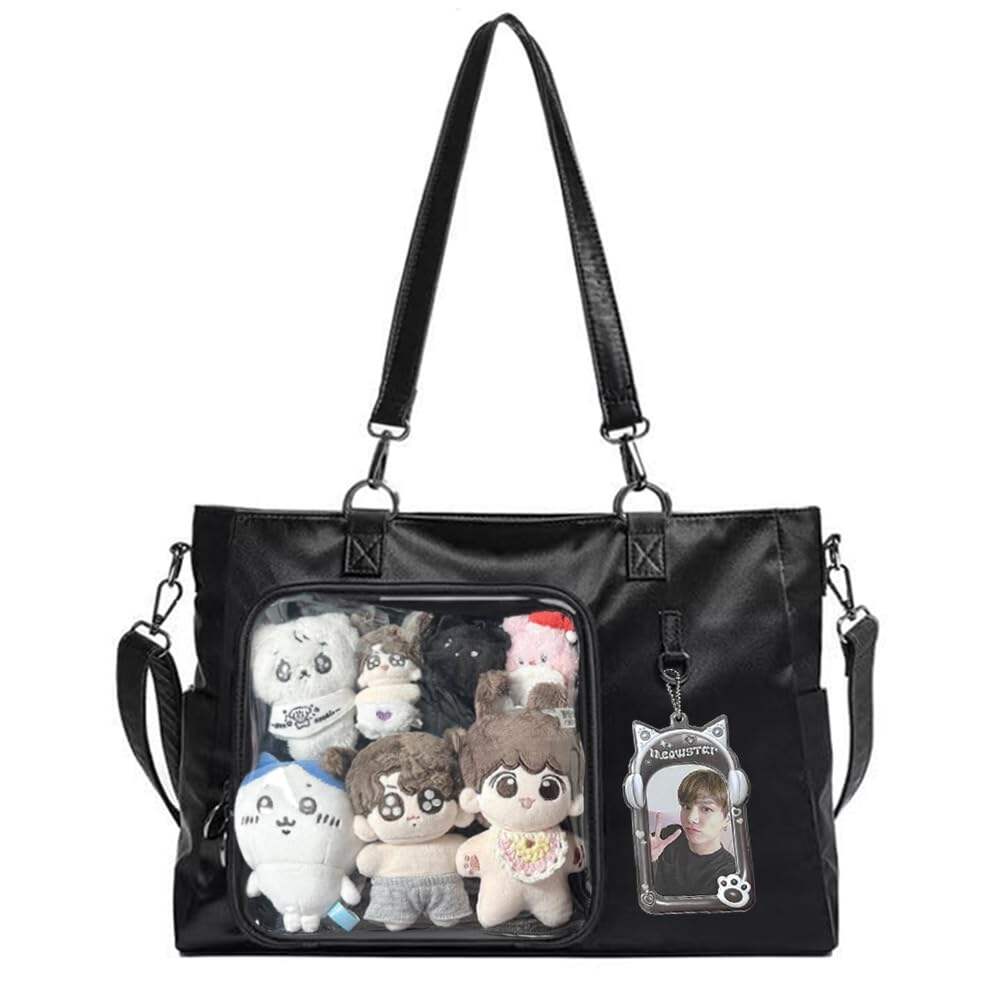
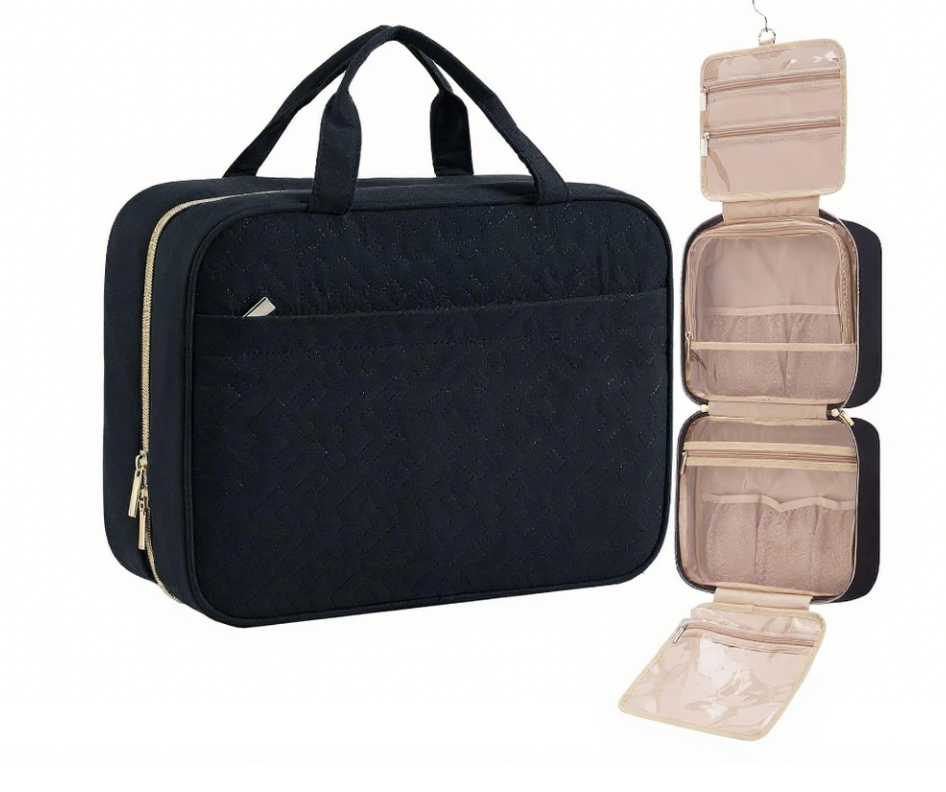
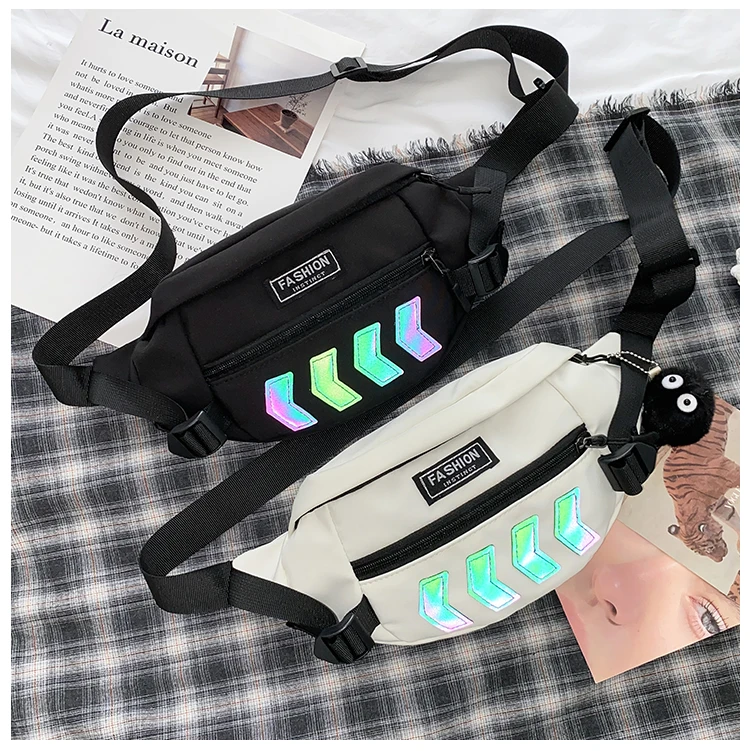
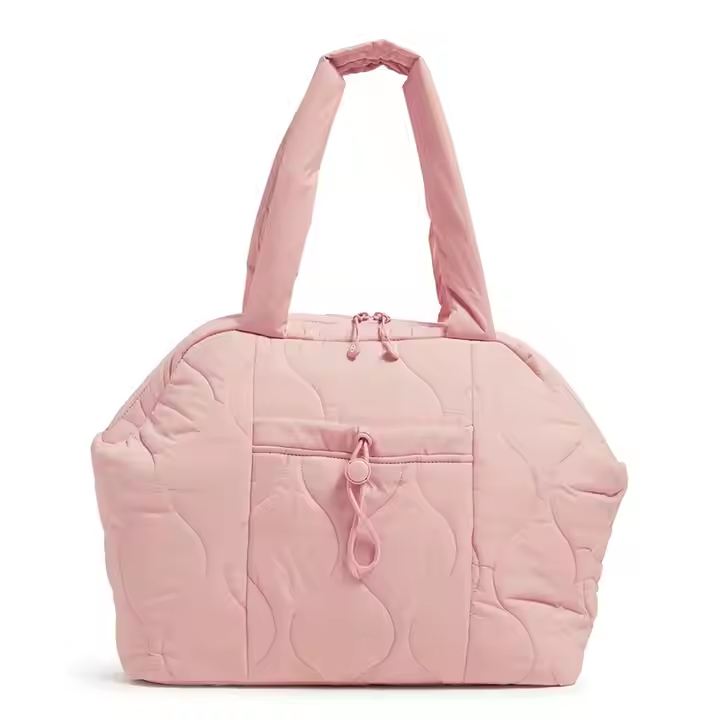
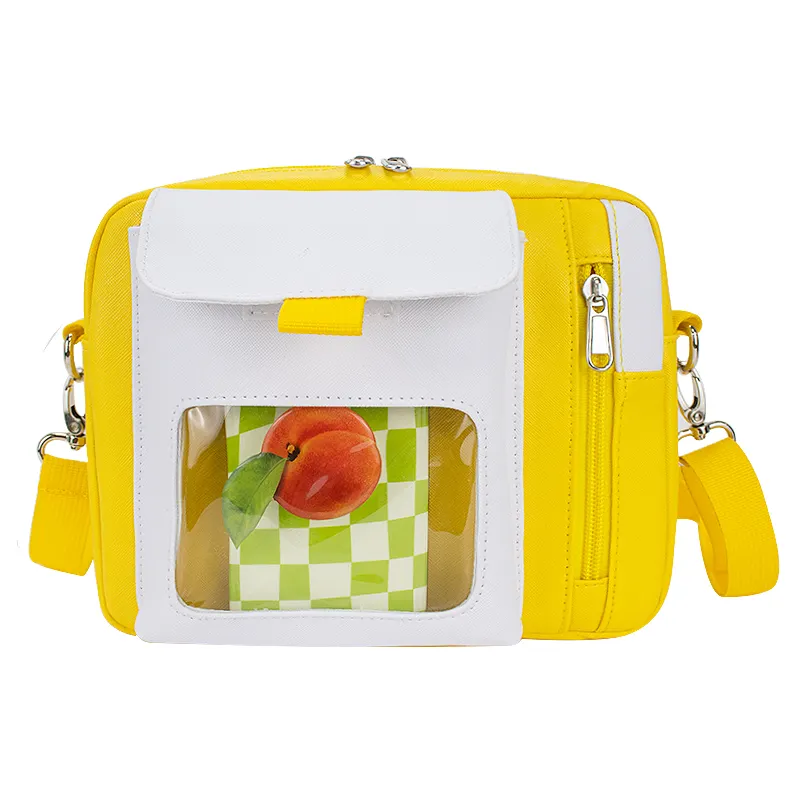
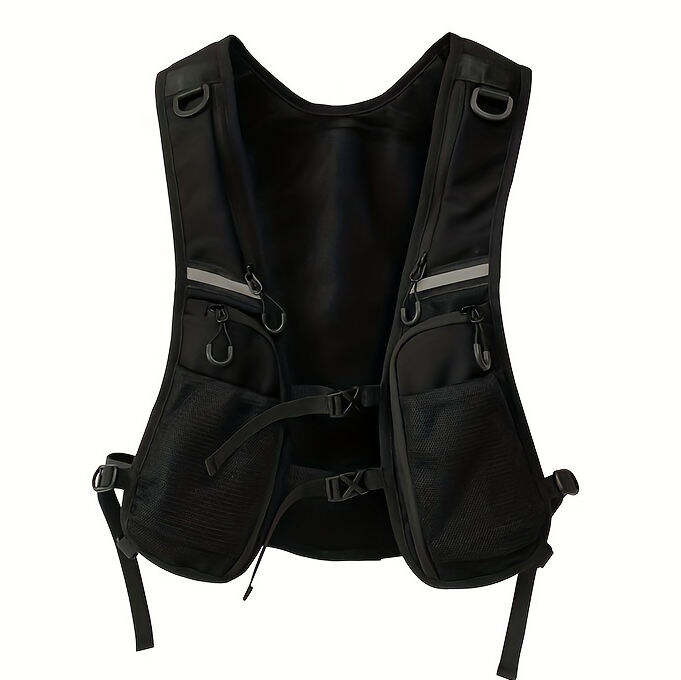
 핫 뉴스
핫 뉴스